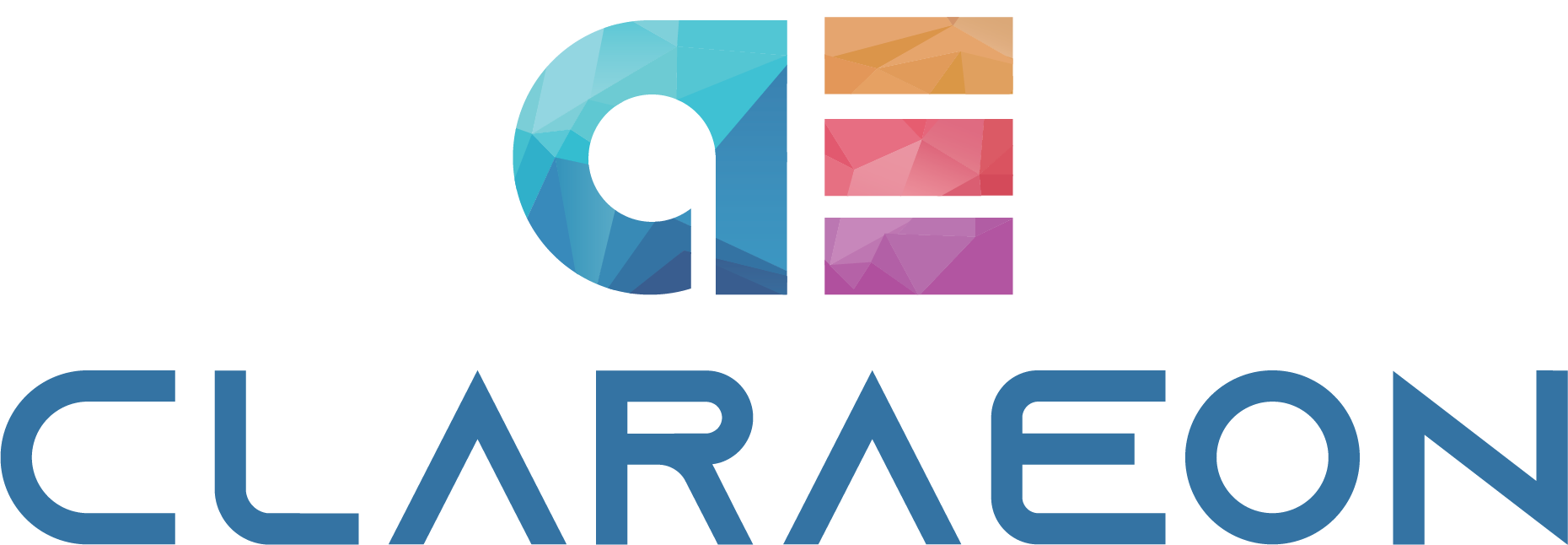Benefits of Coding for Kids
Coding provides a plethora of benefits for children, ranging from academic to real-world applications. By exploring coding at a young age, kids can enhance their problem-solving skills as they learn to break down complex issues into manageable chunks. This process of decomposition enables them to develop analytical thinking and strategy formulation capabilities.

Furthermore, coding fosters creativity and innovation by encouraging kids to think outside the box and experiment with different solutions. Through coding, children can unleash their imagination and create projects that showcase their unique perspectives. This creative aspect of coding not only nurtures innovation but also instills a sense of empowerment in children as they realize the endless possibilities at their fingertips.
The Importance of Starting Early
To truly reap the benefits of coding for kids, it is crucial to start the learning process early on in their development. By introducing coding concepts at a young age, children can gradually build a solid foundation of computational thinking and problem-solving skills that will serve as valuable assets throughout their academic and professional journeys. Starting early allows kids to familiarize themselves with the fundamentals of coding in a comfortable and engaging manner, setting them up for success as they progress to more advanced programming languages and concepts.
Furthermore, beginning coding education at a young age instills a sense of curiosity and exploration in kids, encouraging them to think outside the box and approach challenges with a creative mindset. As children experiment with coding languages and algorithms from an early stage, they are better equipped to tackle complex problems, analyze situations critically, and devise innovative solutions. By fostering creativity and innovation through coding, kids develop a unique perspective and a passion for learning that can propel them towards fulfilling and successful futures in an ever-evolving digital landscape.
Engaging and Interactive Learning
Engaging and interactive learning is a key component in keeping children interested and motivated in their coding endeavors. By incorporating fun and hands-on activities, kids are more likely to stay focused and absorb information more effectively. Through interactive coding games and challenges, children can apply their knowledge in a practical and engaging way, making the learning experience more enjoyable and impactful.
Furthermore, interactive learning allows kids to explore different concepts at their own pace, catering to individual learning styles and preferences. By actively participating in coding activities, children develop a deeper understanding of coding principles and techniques. This hands-on approach not only fosters a love for learning but also helps children build confidence in their coding skills, setting a strong foundation for future success in the field.
Building Problem-Solving Skills
One of the key advantages of teaching coding to kids is the enhancement of their problem-solving skills. Through hands-on experience with coding languages and algorithms, children learn to break down complex problems into smaller, more manageable parts. This process trains their minds to think critically, analyze situations, and devise effective solutions.
Moreover, as kids encounter bugs and errors while coding, they are encouraged to persevere and find ways to resolve these issues. This persistence in troubleshooting not only strengthens their problem-solving abilities but also instills in them a sense of resilience to overcome challenges they may face in other areas of their lives. As they navigate through coding challenges, children develop the confidence to tackle obstacles head-on and the skills to approach problems with a systematic and logical mindset.
Fostering Creativity and Innovation
Coding for kids is an effective way to foster creativity and innovation from a young age. When children engage in coding activities, they are encouraged to think outside the box and come up with unique solutions to problems. This creative thinking can help them develop innovative ideas and approaches that can be applied in various aspects of their lives. By exploring different coding projects and experimenting with coding languages, kids can unleash their imagination and create something truly original.
Furthermore, coding empowers kids to embrace challenges and find creative solutions through trial and error. When they encounter bugs or errors in their code, they are prompted to think critically and find ways to troubleshoot and debug the program. This process of problem-solving not only enhances their coding skills but also nurtures their ability to think innovatively and creatively in the face of obstacles. By fostering a mindset of curiosity and experimentation, coding enables children to explore new possibilities and cultivate a passion for innovation.
Preparing Kids for the Future Job Market
As technology continues to advance at a rapid pace, the job market of the future will require individuals who possess strong technical skills. Coding equips kids with the ability to understand and work with technology, giving them a competitive edge when seeking future employment opportunities. By starting early and developing proficiency in coding, kids are better prepared to adapt to the evolving demands of the job market.
Moreover, coding fosters critical thinking and problem-solving skills, essential attributes for navigating the complexities of the modern workplace. As businesses increasingly rely on technology to streamline operations and drive innovation, individuals with coding knowledge will be highly sought after. By engaging in coding activities from a young age, kids are better positioned to excel in future careers that require analytical thinking and technological fluency.
• Coding equips kids with the ability to understand and work with technology
• Starting early and developing proficiency in coding gives kids a competitive edge in future job market
• Coding fosters critical thinking and problem-solving skills essential for modern workplace
• Businesses rely on technology, individuals with coding knowledge will be highly sought after
• Engaging in coding activities from a young age helps kids excel in careers requiring analytical thinking
Encouraging Logical Thinking
Logical thinking is a crucial skill that children can develop through coding. When kids engage in coding activities, they are required to analyze problems, break them down into smaller components, and create step-by-step solutions. This process of decomposition and pattern recognition helps them think logically and approach challenges in a structured manner. As they progress in their coding skills, children learn to identify cause-and-effect relationships, predict potential outcomes, and make informed decisions based on logical reasoning.
Through coding, kids are encouraged to experiment, test hypotheses, and refine their solutions. This iterative process of trial and error reinforces their logical thinking abilities as they learn to debug errors, identify patterns, and optimize their code. By fostering a mindset that values logical reasoning and systematic problem-solving, coding empowers children to approach complex problems with confidence and creativity.
Enhancing Communication Skills
Whether it’s explaining the intricacies of a coding project to a peer or presenting a creative idea to a group, the ability to communicate effectively is a crucial skill for children to develop. Coding helps children articulate their thoughts clearly and concisely, as they learn to break down complex concepts into simpler terms that can be easily understood by others.
Moreover, engaging in coding activities often involves collaboration with peers, teachers, or mentors. Through these interactions, children learn to listen actively, ask questions, and provide constructive feedback – all of which are essential components of effective communication. By practicing these skills in a coding setting, children not only become better at conveying their ideas but also at understanding the perspectives of others, thus fostering empathy and teamwork.
Developing Persistence and Resilience
Developing persistence and resilience in children is crucial for their long-term success. When kids face challenges while coding, they are encouraged to persevere and find solutions independently. This process teaches them that setbacks are not roadblocks but opportunities for growth and learning.
By fostering a mindset of persistence and resilience through coding, children learn to overcome obstacles and develop a can-do attitude. When they encounter bugs in their code or struggle to understand a new concept, they learn to approach problems with determination and a positive attitude. This skill not only helps them excel in coding but also prepares them to tackle challenges in other areas of their lives.
Promoting Collaboration and Teamwork
Collaboration and teamwork are essential skills that children can develop through coding activities. When kids work together on coding projects, they learn how to communicate effectively, share ideas, and divide tasks to achieve a common goal. This collaborative environment allows them to brainstorm creative solutions, listen to different perspectives, and support each other in problem-solving.
Moreover, engaging in coding tasks with peers helps children understand the importance of teamwork and appreciate the diverse strengths each team member brings to the project. By working together, kids learn how to leverage individual skills to achieve a collective outcome, fostering a sense of unity and cooperation. Through collaborative coding experiences, children not only strengthen their technical abilities but also build valuable social skills that will benefit them in various areas of their lives.
Offering Real-World Applications
Coding skills are not only valuable in academic settings but also have real-world applications that extend far beyond the classroom. Through coding, kids can develop practical solutions to everyday problems, such as creating applications to track personal tasks or designing websites to showcase their interests. By engaging with coding languages and technologies, children can see the direct impact of their skills on the digital world around them, making their learning experience more tangible and meaningful.
Moreover, as kids explore real-world applications of coding, they can start to envision future career paths where their technical abilities can make a difference. From developing software to improve healthcare systems to designing algorithms for environmental sustainability, coding opens up a myriad of opportunities for children to contribute to society in meaningful ways. By empowering kids to see the relevance of coding in various professional fields, they can begin to understand the far-reaching impact of their skills and the potential they have to shape the world around them.
Empowering Kids to Make a Difference
In a world where technological advancements and innovation are at the forefront of progress, empowering kids to make a difference through coding is becoming increasingly vital. By introducing children to coding at a young age, we are equipping them with the skills and tools needed to navigate and thrive in an increasingly digital world. This early exposure not only expands their understanding of technology but also cultivates a sense of agency and empowerment in shaping the future.
Through coding, kids can actively engage with real-world problems and challenges, allowing them to explore their creativity and devise innovative solutions. This hands-on approach fosters a sense of ownership and responsibility, showing children that their ideas and actions can have a tangible impact on the world around them. By providing them with the means to translate ideas into reality, coding empowers kids to see themselves as capable agents of change, instilling in them the confidence to make a difference in their communities and beyond.
Additional Resources:
[catlist categorypage=”yes”]
Table of Contents
Categories:
[categories orderby=name]
Latest Posts:
[sbs_latest_posts]
FAQs:
Why is coding beneficial for kids?
Coding helps kids develop problem-solving skills, creativity, logical thinking, and prepares them for future job market.
What age is recommended to start teaching kids coding?
It is recommended to start teaching kids coding as early as possible to help them grasp the concepts more easily.
How does coding help in fostering creativity and innovation?
Coding requires thinking outside the box and finding creative solutions to problems, which helps kids develop their creativity and innovative thinking.
Can coding help kids in developing communication skills?
Yes, coding involves explaining and communicating with others about the code, which can help kids improve their communication skills.
What are some real-world applications of learning coding for kids?
Kids can use their coding skills to create websites, apps, games, and other projects that can have a real-world impact.
How does coding empower kids to make a difference?
By learning coding, kids can develop solutions to real-world problems and use technology to make a positive impact on their communities and the world.

 and then
and then